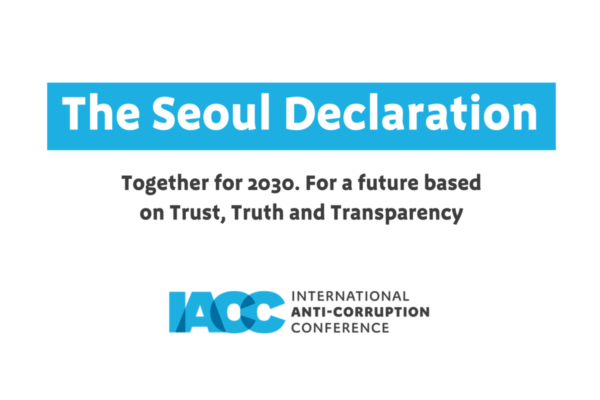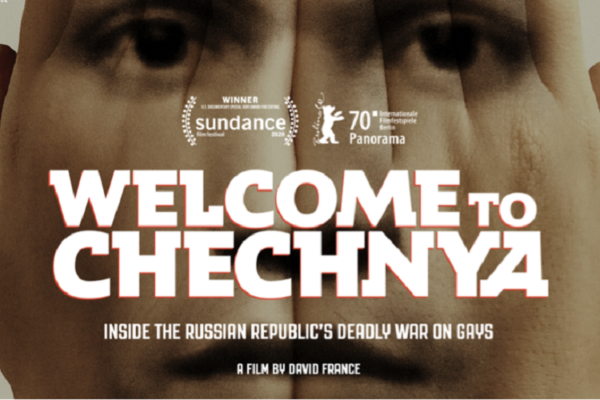Open data can help fight corruption by making information available – but it must be deployed in an impactful way. This was the focal point for panelists discussing Frontiers in Using Open Data to Tackle Corruption at the 19th International Anti-Corruption Conference.
At this panel, moderated by Johannes Tonn of Global Integrity, representatives from academia, civil society and media shared their insights and opinions on how to create more impact through open data, particularly in fighting corruption.
Paul Heywood, a professor at University of Nottingham, explained that it is currently still “difficult to unpack the causal chain of the impact of open data”, with other sources like data leaks having more visible anti-corruption effects. Heywood shared findings from a study in which he found that many countries that aspire to be role models for others in anti-corruption, often have a somewhat unimpressive open data culture.
The United States and the United Kingdom, on the other hand, are often seen as standard setters in open data – yet the availability of data does not lead to lower corruption risks, he said. Heywood described recent government-led attempts in both countries “to contest and challenge the very notion of what constitutes accuracy in regards to data,” adding that they have often made claims that were unsupported or even contradicted by data sources. He sees this as indicative of the biggest challenge open data faces – the question of who has the authority over the interpretation of data. “How do we address the growing and alarming tendency of political leaders to disregard data […]?” Heywood asked.
Alla Morrison, Project Manager at the World Bank group, named other challenges to using open data effectively, such as non-availability of data at the grassroots level. Morrison said that there was little information trickling down and when it does, it is mostly inaccessible.
With these limitations known, how then can open data be used to create impact in the fight against corruption? The most obvious step is to not only make such data accessible to citizens, but also to ensure that people have the skills to use it to hold governments and corporations accountable.
Delphine Reuter, is a journalist with the International Consortium of Investigative Journalists (ICIJ), where she uses open data for her exposés. She explained that it is important to be transparent about the data used, its limitations and how it was collected. She also underlined the need for journalists to link such data to a human story, to make it more accessible to people.
“Bring the stakeholders to the table,” was the suggestion given by Agustina De Luca, Network Director at Open Data Charter. “This helps you build sustainability at the long run to have them [stakeholders] from the beginning,” she said. De Luca suggested engaging with the anti-corruption and the data community, respectively, when publishing data, “to build better policies altogether.”


